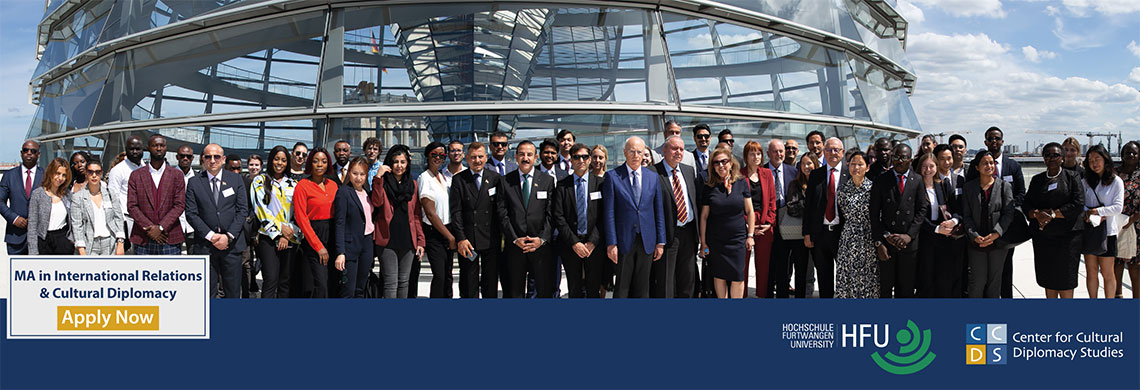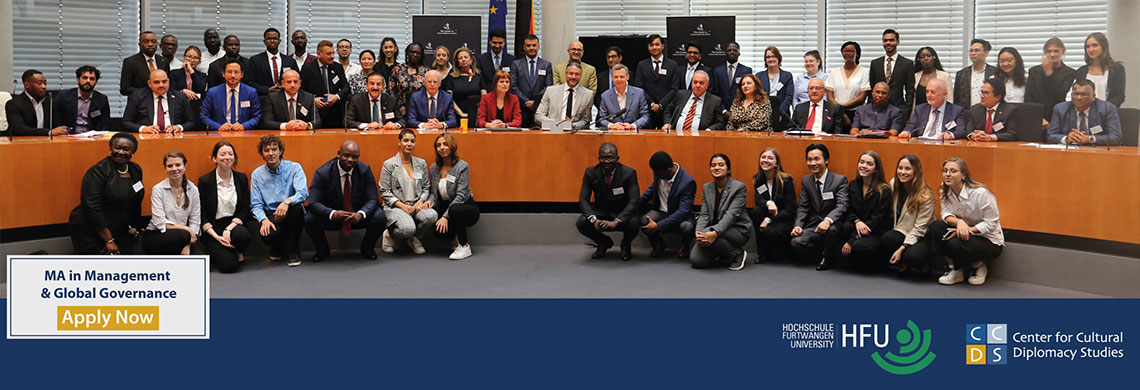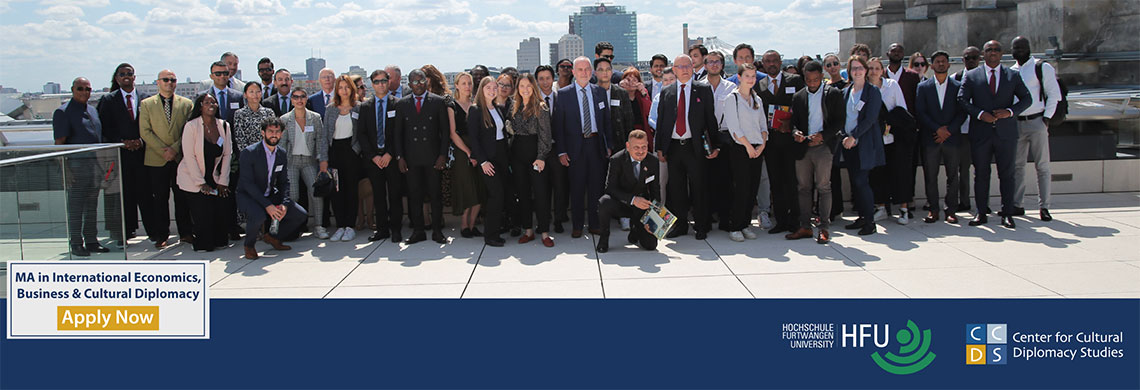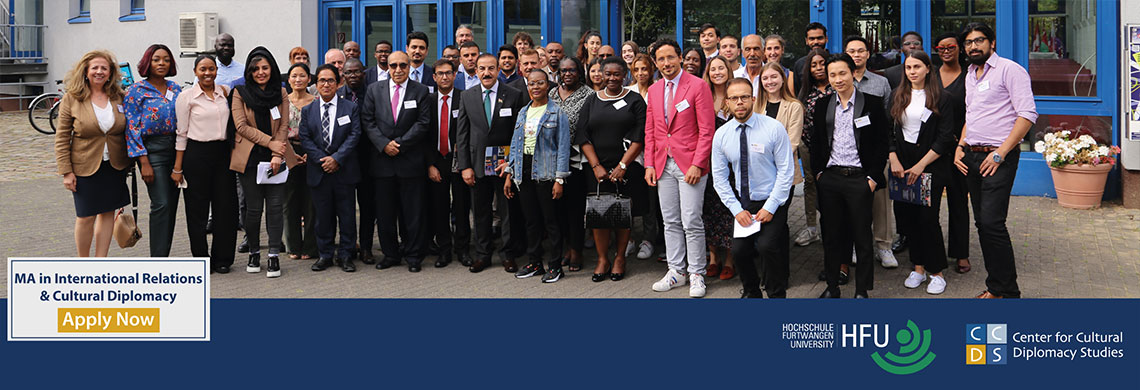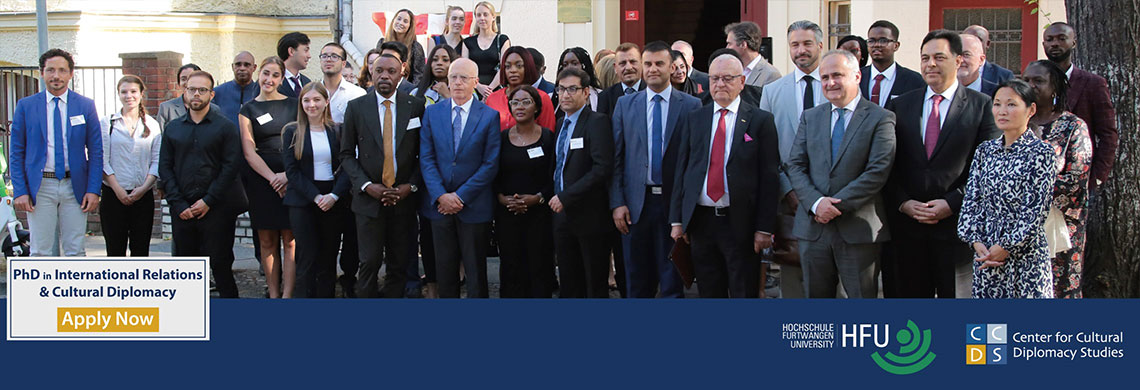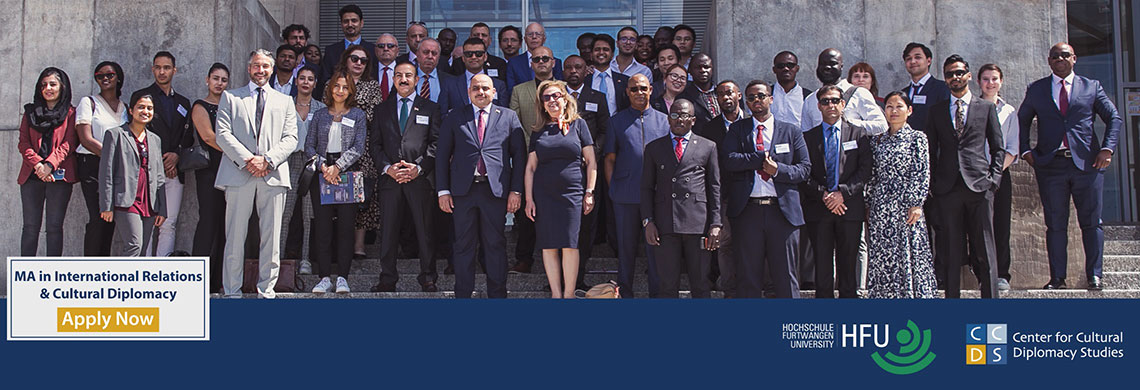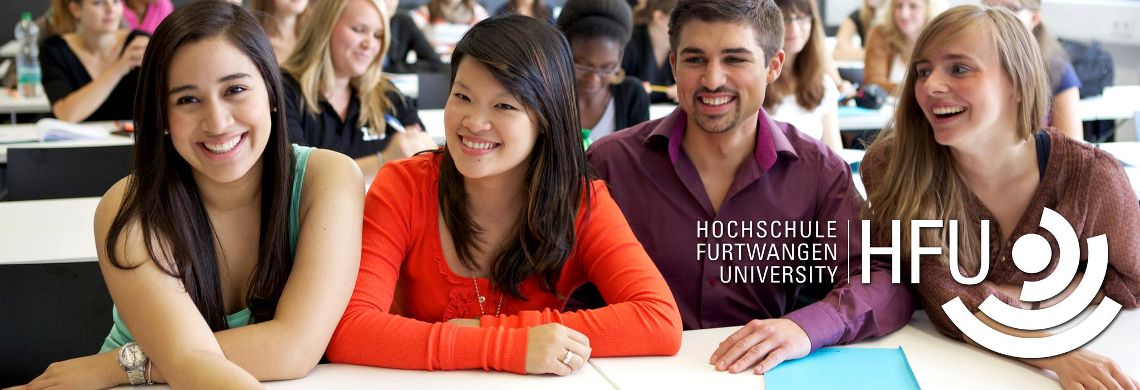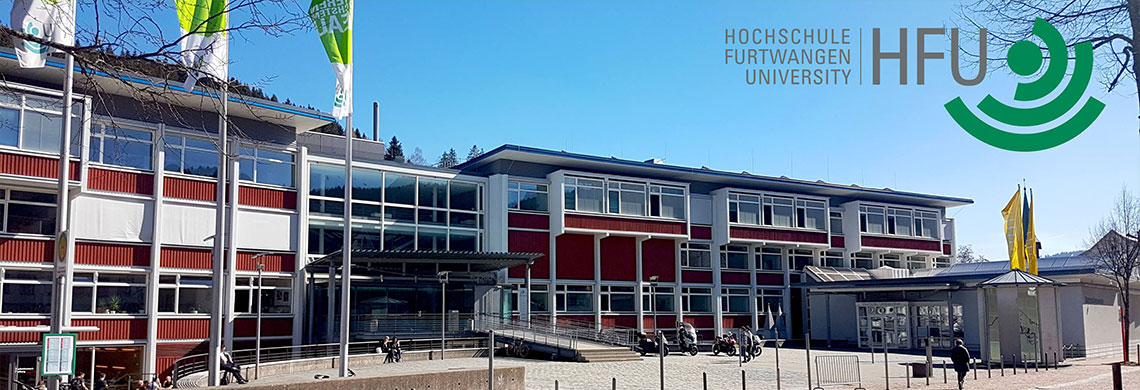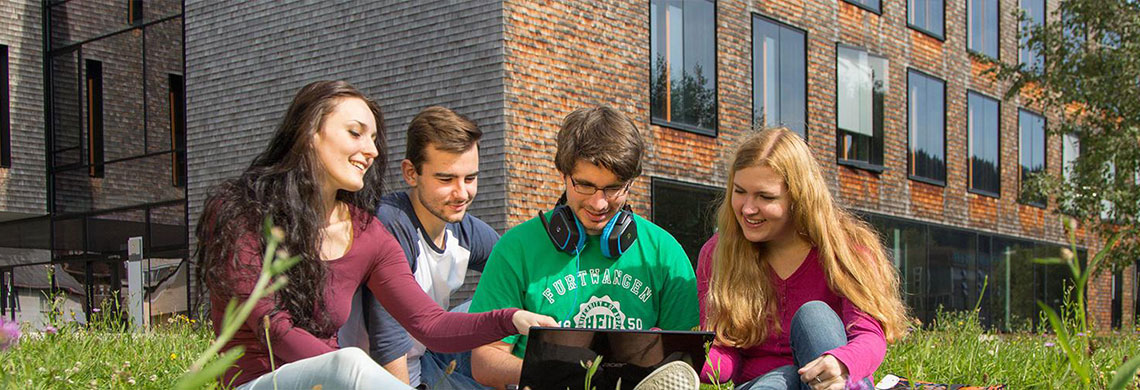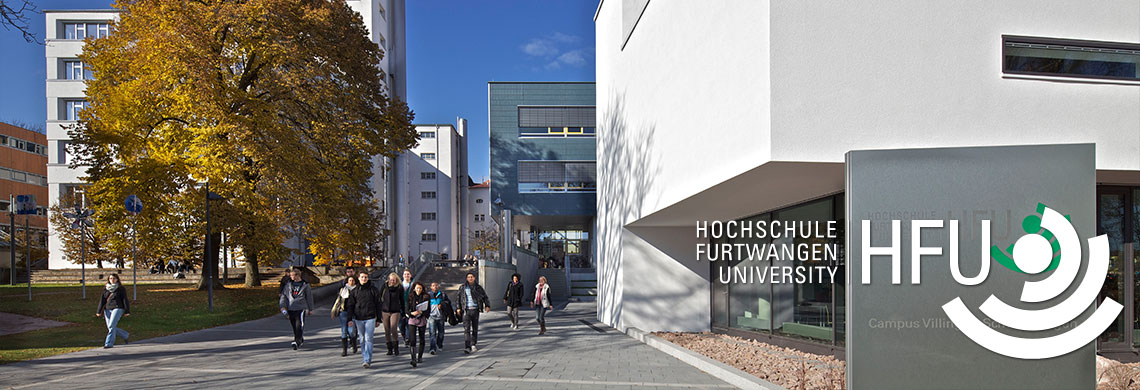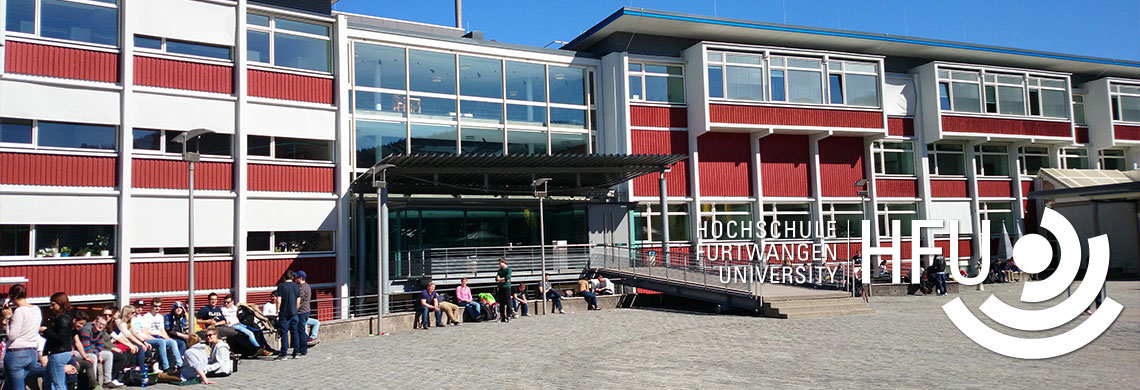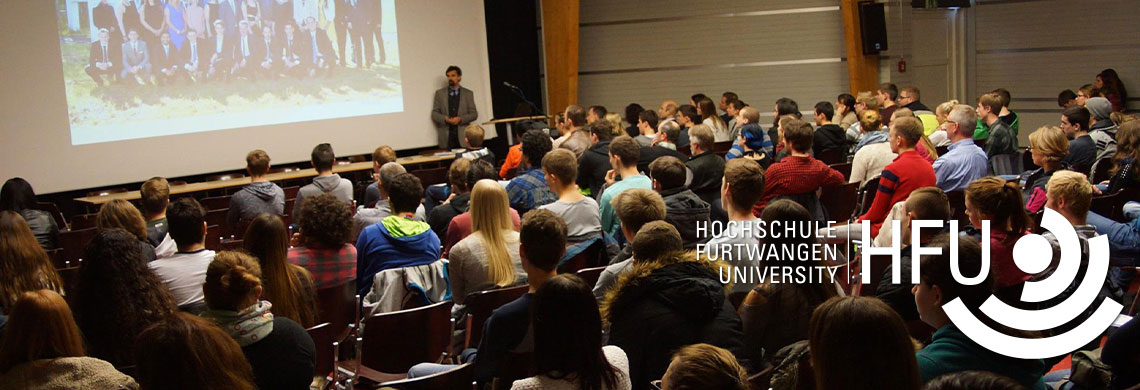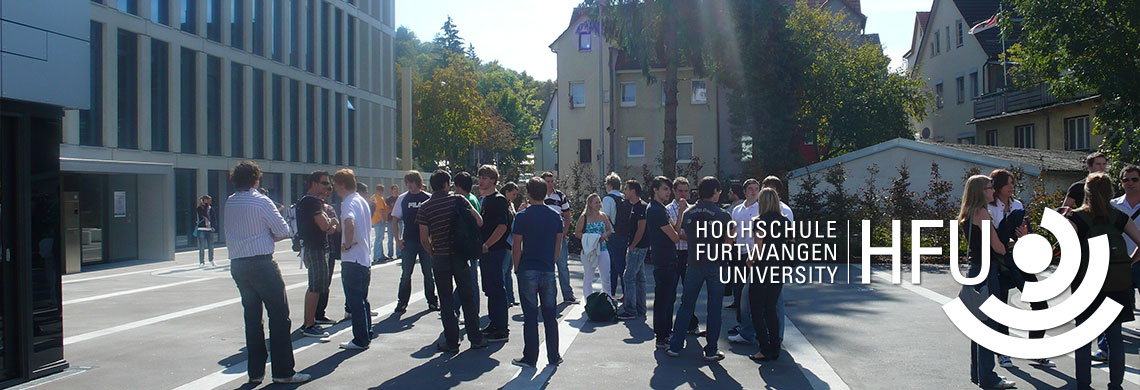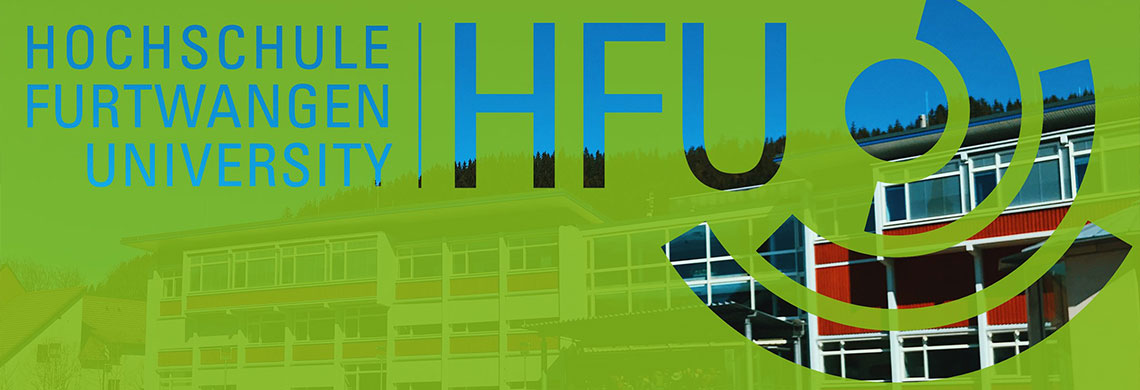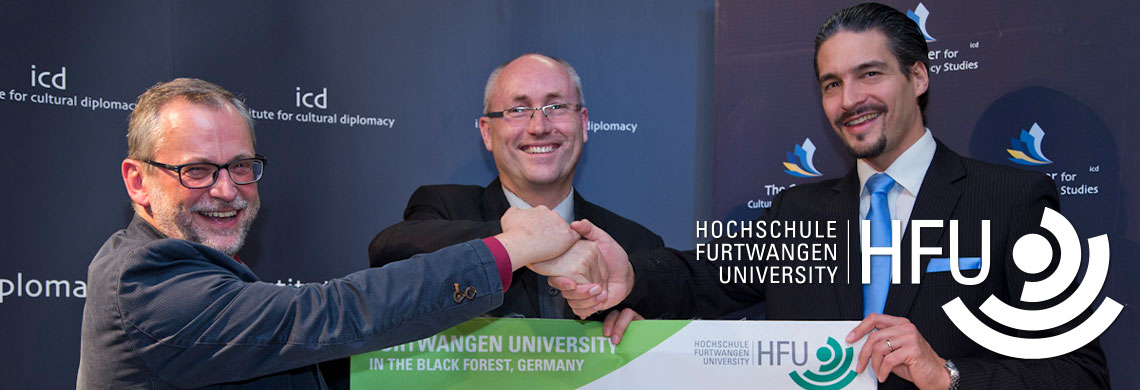The Center for Cultural Diplomacy Studies
MA & PhD Programs
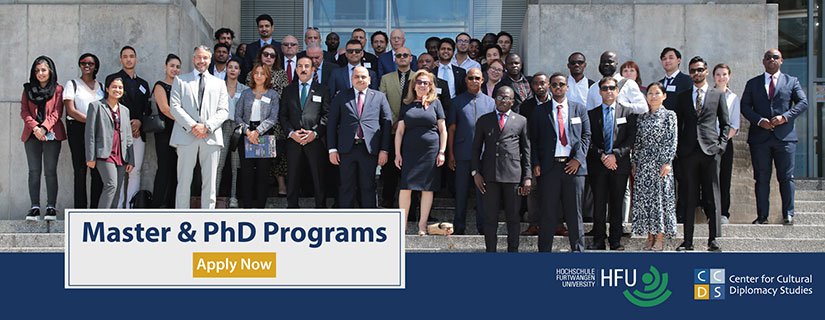
Program Overview
The Professional Development program was created and developed in order to equip students with the relevant skill sets, knowledge, professional experience and professional relationships, so that they will be able to acquire a job immediately upon completion of the degree. One of the main goals of the Professional Development program is to enable students to acquire job opportunities and develop their careers in institutions such as the UN, EU, African Union, national governments, national parliaments, international corporations and international NGOs.
Students will be expected to have meetings throughout the semester, in addition to other forms of frequent communication. Students will be asked to submit a written work report.
Program Structure & Methodology
The Program consists of research, journalism, lectures, seminars, workshops, social activities and special events. The program provides a thorough background in Cultural Diplomacy, using a historical and case study approach, while further accentuating the role and potential of cultural diplomacy to strengthen international, economic and cultural relations.
The program addresses contemporary international issues, with classroom lectures and seminars supplemented by lectures and briefings at international and non-governmental organizations; educational events, conferences, tours, and meetings with foreign officials are further incorporated into the curriculum. In addition, the program allows students the opportunity to attend all ICD conferences, events, presentations, and other activities.
Students will meet with leading experts working in international organizations, embassies, religious institutions, research centers, and academic institutions, and will engage with specialists in the areas of International Relations & Economics, Art & Culture, Theology, History, Communication, Politics, Human Rights, Peace Building, Multilateral Diplomacy, Conflict Resolution, and Development.
Program Curriculum
Workshops
The Program workshops are a blend of interactive academic studies and practical training, which will assist participants in the development of their professional skills.
Workshops will explore and analyze the following topics:
- Global Governance Institutions (Including the UN, the EU, and the African Union)
- Governments (Including all of the work of the government offices domestically as well as in the diplomatic field).
- Parliaments (Including all aspects of the work of parliaments at the national and international level)
- Economic Global Institutions & Corporations (Including all aspects of the work of economic global institutions & corporations)
- NGOs (including all aspects of the work of NGOs at the national and international level)
Research
Students will have the opportunity to choose an example of cultural diplomacy from either:
- Global Governance Institutions (Including the UN, the EU, and the African Union)
- Governments
- Parliaments
- Economic Global Institutions & Corporations
- NGOs
Students are expected to deliver a lecture based on this research. The topics for this research should be decided together with the students and their advisor on an individual basis.
Development of CD Initiative
The primary component of the Professional Development Program will be the student’s own development of a cultural diplomacy initiative. Based on the above mentioned research, students will be expected to create, develop and implement one program of cultural diplomacy that is relevant to the student’s career goals. The program itself can take a format such as an event, an exchange program, an artistic or musical event, a youth outreach program, a grass-roots initiative and campaign with a certain thematic focus and etc.
Involvement in a Conference on CD
Students will be invited to conduct, together with the ICD staff different international conferences throughout their professional development.
Career Development
Students will be aligned with specific contacts and professional opportunities that could lead to direct employment for the students upon completion of their MA/PhD thesis.

